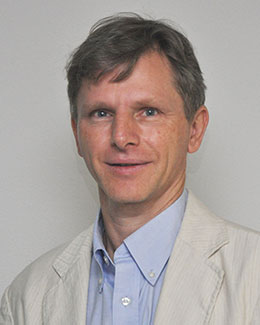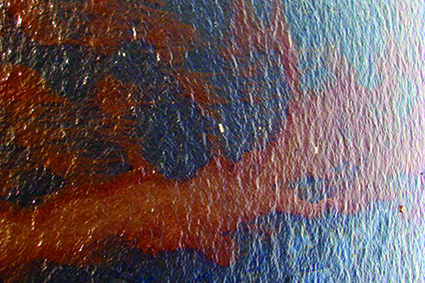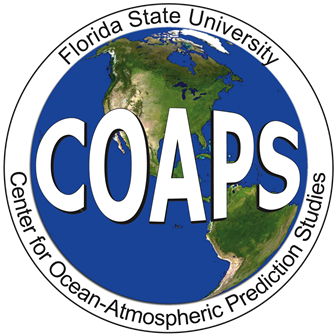
Dr. Eric Chassignet
Principal Investigator
The Deepwater Horizon oil spill resulted in an unprecedented commitment to study and better understand different aspects of the fate of oil released in northeast region of the Gulf of Mexico in 2010. Countless research teams have spent considerable resources developing modeling tools, collecting and analyzing measurements, and performing scientific studies to understand different aspects governing the eventual fate of the oil. Together, these data have provided the basis for development of vastly improved modeling tools for tracking the distribution and chemical evolution of oil. But one area where our understanding remains quite limited is the role that microbes play in determining the eventual fate of oil and its impact on ecosystems, and how these processes depend on environmental conditions (hydrographic and biogeochemical properties of the water and circulation), hindering predictive capability.

The CSOMIO project is working to synthesize the technology, tools, and scientific knowledge of a group of individual investigators some of whom, since the Deepwater Horizon event, have immersed themselves in this study. The Consortium also brings to the study investigators who can fill critical gaps in our ability to numerically model the transport and fate of oil in coastal waters. The goal is to produce a comprehensive framework for simulating and understanding the role that microbes play in mitigating the impacts of oil spills. This model system will be an open source product that can potentially be run in a variety of locations with different physical forcing models. Expected outcomes include the ability to predict the impact of oil spills occurring under different temperature, hydrodynamic, and biogeochemical regimes, a consistently annotated synthesis of genomic and transcriptomic data for the Gulf of Mexico, and the elucidation of mechanisms relating hydrocarbon degradation to microbial community dynamics, flocculation, and sediment transport processes.
For more information about this consortium, visit the CSOMIO website.

